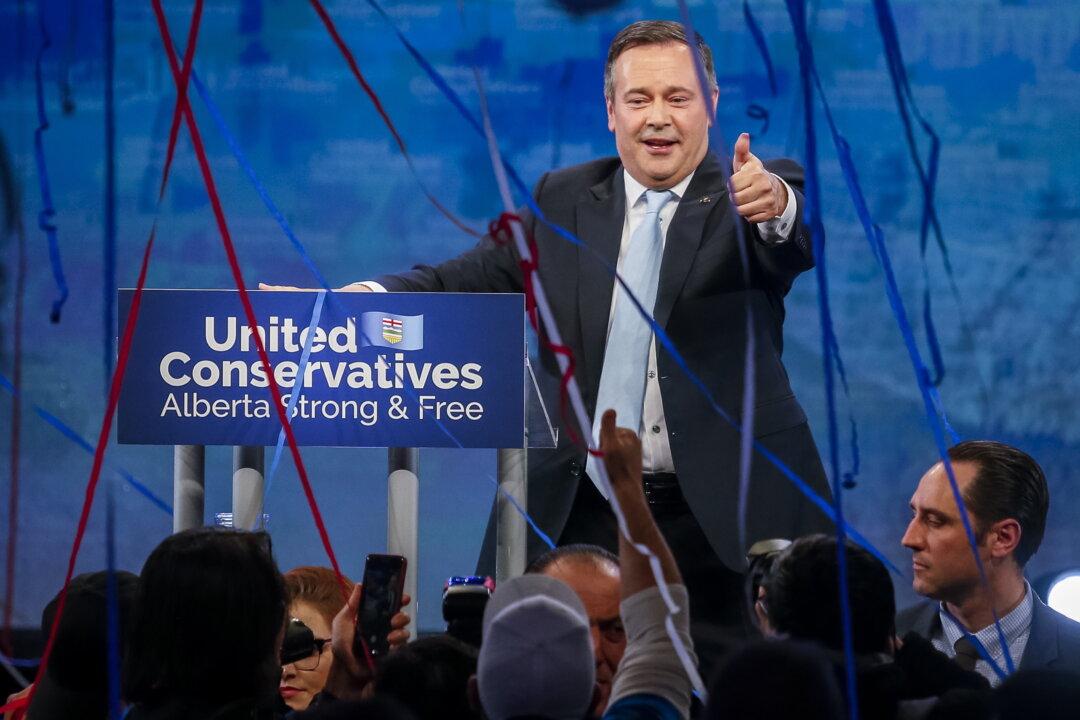After a four-year hiatus from their traditionally conservative roots, Albertans once again voted in a right-wing government on April 16, giving Jason Kenney’s United Conservative Party (UCP) a decisive majority win.
A well-known cabinet minister in Stephen Harper’s government, Kenney put the kibosh on speculation that he would run for leadership of the federal Conservative Party after it lost the 2015 election. Instead, he decided to return home to Alberta, where the Progressive Conservatives (PC) had been ousted by the NDP.





